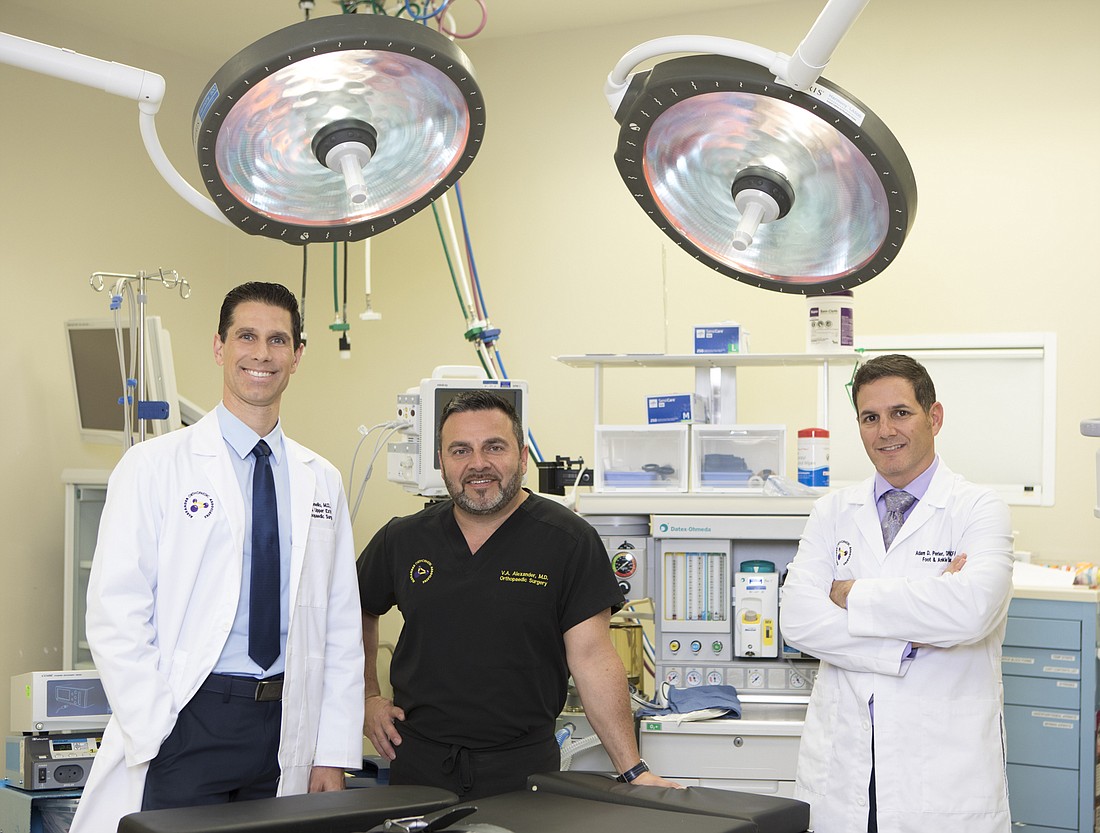- February 14, 2026
-
-
Loading

Loading

Orthopedic surgeons deal with a wide range of work-related injuries, many of which are routine: broken hips, bad ankles, bum knees and so on.